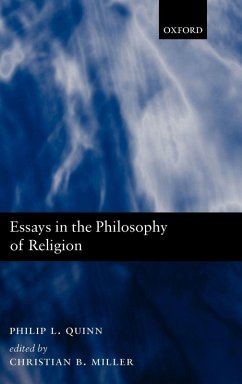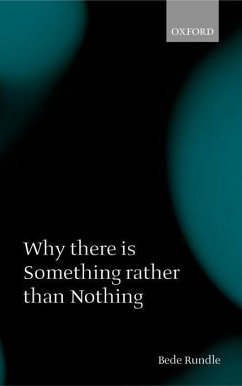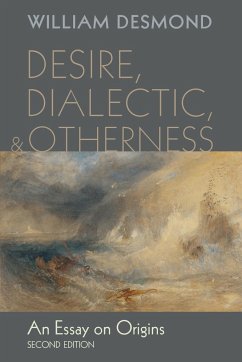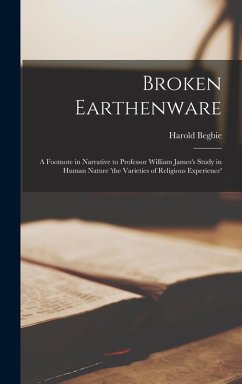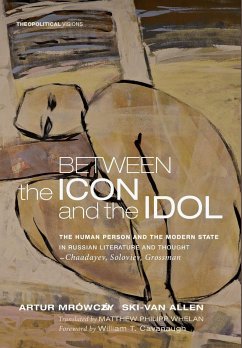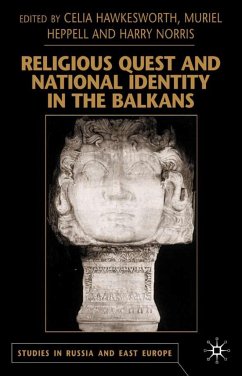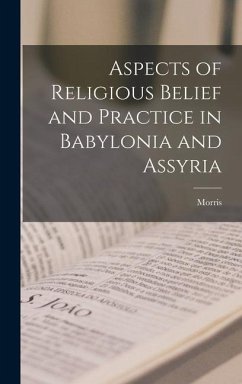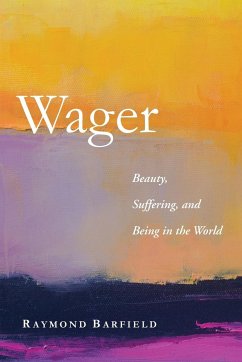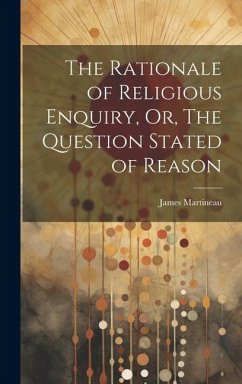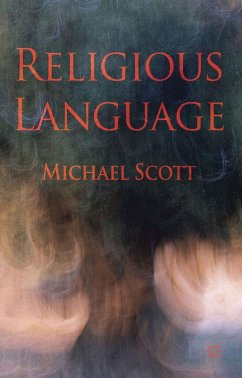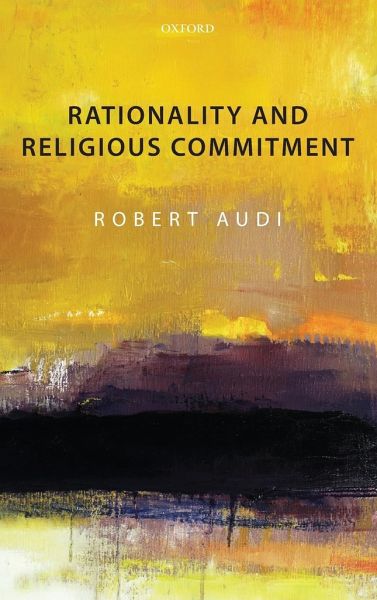
Rationality and Religious Commitment

PAYBACK Punkte
38 °P sammeln!
Rationality and Religious Commitment shows how religious commitment can be rational and describes the place of faith in the postmodern world. It portrays religious commitment as far more than accepting doctrines--it is viewed as a kind of life, not just as an embrace of tenets. Faith is conceived as a unique attitude. It is irreducible to belief but closely connected with both belief and conduct, and intimately related to life's moral, political, and aesthetic dimensions. Part One presents an account of rationality as a status attainable by mature religious people--even those with a strongly s...
Rationality and Religious Commitment shows how religious commitment can be rational and describes the place of faith in the postmodern world. It portrays religious commitment as far more than accepting doctrines--it is viewed as a kind of life, not just as an embrace of tenets. Faith is conceived as a unique attitude. It is irreducible to belief but closely connected with both belief and conduct, and intimately related to life's moral, political, and aesthetic dimensions. Part One presents an account of rationality as a status attainable by mature religious people--even those with a strongly scientific habit of mind. Part Two describes what it means to have faith, how faith is connected with attitudes, emotions, and conduct, and how religious experience may support it. Part Three turns to religious commitment and moral obligation and to the relation between religion and politics. It shows how ethics and religion can be mutually supportive even though ethics provides standards of conduct independently of theology. It also depicts the integrated life possible for the religiously committed--a life with rewarding interactions between faith and reason, religion and science, and the aesthetic and the spiritual. The book concludes with two major accounts. One explains how moral wrongs and natural disasters are possible under God conceived as having the knowledge, power, and goodness that make such evils so difficult to understand. The other account explores the nature of persons, human and divine, and yields a conception that can sustain a rational theistic worldview even in the contemporary scientific age.





